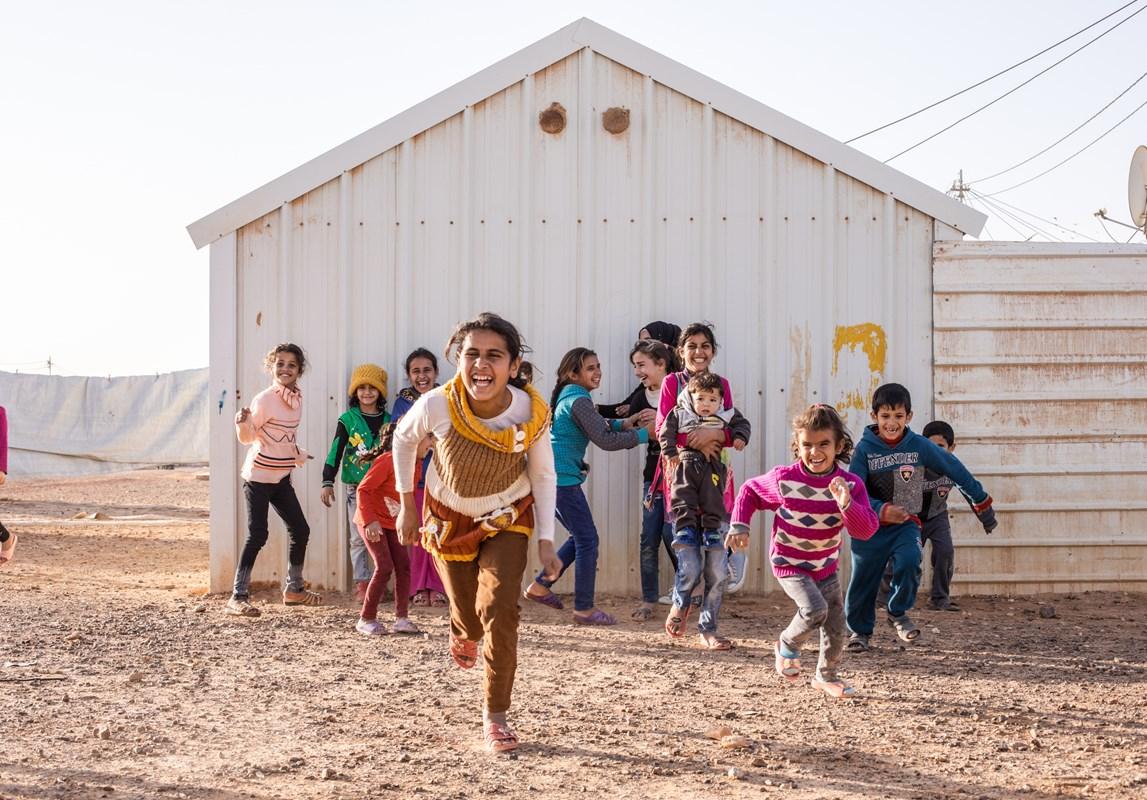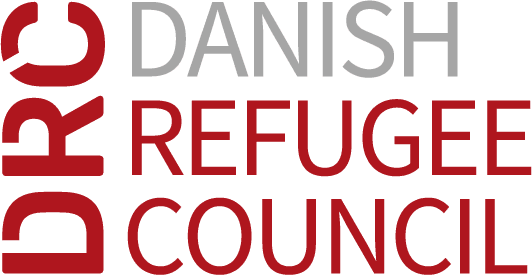

What can we learn from Diasporas? Good Practices in Humanitarian Response
14 October 2022
Skills, knowledge, and personal commitment drive diasporas around the world to support their loved ones back home. This is not limited to financial support, but also social support. In this article we share with you 28 success stories of diaspora organizations with the goal of harnessing the good to become better together in delivering life-saving aid!
We learn from the best! This seems especially true for humanitarian response. By learning from good practices, we try to identify synergies between diaspora organizations and the humanitarian system to ensure that they complement each other and don't duplicate or exclude their individual efforts.
The result is this Good Practice Guide, which is a combination of data from interviews with diasporas and institutional humanitarian actors, data from websites and social media, and from general literature on diaspora humanitarian engagement.
We are a bridge between communities, inside and outside the country, if everything else fails.
Combining theory with practice
What we learn in theory is often not how it plays out in the real world. Delivering humanitarian aid is no exception. This Guide highlights 14 areas of humanitarian assistance in which diaspora organizations have been successful on the ground. Each good practice is illustrated by two concrete examples of diaspora working on this topic, highlighting the results, challenges and lessons learned. In total, it includes hands-on examples from 28 diaspora organizations worldwide, providing a practical and useful tool that is helpful for other migrant or diaspora networks.
How can you use this guide?
If you are a member of a diaspora or migrant network and currently are providing humanitarian aid to your country of heritage, this Guide should help you to build organizational capacity and to share experiences and lessons learned between diaspora communities.
Are you working with an INGO or another institutional humanitarian partner, you may gain additional understanding and knowledge of how diaspora organizations engage in humanitarian assistance, as well as the challenges and opportunities they face. If you are willing to walk in their shoes, you have already come a long way in understanding a their challenges and perspectives.
How to access sustainable funding as a diaspora organization?
Diaspora organizations can successfully access funding from donor agencies, when building their capacity. Watch the example of New Ways Organisation and learn how they managed to get more sustainable funding.
The following 14 topics are included in the Good Practice Guide
- Coordinating with institutional humanitarian actors
- Umbrella organizations: They add value when coordinating individual diaspora organizations, especially when reacting to crises
- Coordination with national authorities because of diasporas' local connections
- Sharing knowledge: Diaspora organizations can be a source of knowledge and learning for other humanitarian actors
- Capacity building: Diasporas have the ability to grow and build their capacities to become professional humanitarian organizations
- Transfer skills and technical knowledge
- Advocacy: Diasporas are well placed to advocate on behalf of their communities and to amplify the voice of the affected populations
One of most important challenges is the differences between technical standards. High-tech equipment may not correspond with actual needs.
8. Partnerships with local civil society organizations
9. First-Hand Information: Diasporas have or may be aware of direct communication channels with the affected population thereby overcoming access constraints
10. Gender-specific assistance delivered by diaspora organizations has better chances to be accepted by local communities
11. Local connections and knowledge of diasporas enable them to generate funding and to transfer it efficiently to the affected populations
12. Bridging the humanitarian-development nexus: Diasporas have a long-term interest and presence in the country of heritage
13. Digital Engagement: Diasporas utilize digital tools to expand and strengthen their support to their countries of origin
14. Emergency Preparedness: Diaspora can play a vital role in emergency preparedness both in their countries of residence and countries of origin
If we implement a large project, we are contacted by UNICEF and WFP who want to understand how we do this. We are valued for our honesty and support, and internationals value that we can implement projects on our own to meet the needs.
How to ensure a gender-sensitive humanitarian response in times of crisis?
Dawrati from Lebanon shares their personal story about period poverty
Why does collaborating with diasporas make sense?
INGOs and institutional humanitarian actors can learn a lot from the localized nature of diasporas. Diasporas are multi-sectoral, fast responding actors who work transnationally, including in countries facing humanitarian crises. They have a connection to and understanding of their country of heritage. Therefore diasporas are often among the first-responders in the aftermath of a disaster.
They are also key actors when it comes to raising the alarm in times of crisis. Because of their continuous connection, diaspora organizations are alerted in real-time by their community back home. Within short time, they can collect and disperse funds rapidly. This is important to deliver fast and first response. In hard-to-reach places where access may be an issue, diaspora organizations have a unique advantage due to their local connections and ties.
That could also interest you

Uniting Haiti's diaspora under one umbrella
Integrating efforts facilitates efficient humanitarian response.

WhatsApp Syria? Taking diaspora engagement to the next digital level
How a Syrian umbrella organization coordinates humanitarian response.

Healing Venezuela. Effective aid assistance with local partnerships
How direct health support has direct impact on affected communities.













